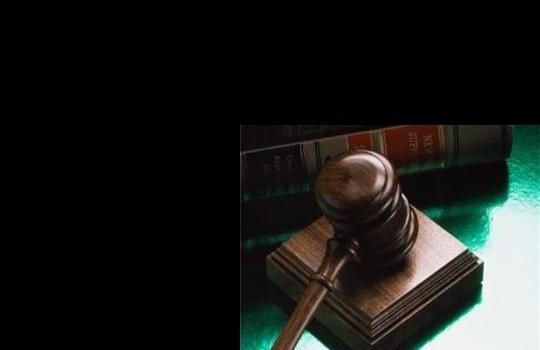Although the European Court of Human Rights’ landmark ruling on four UK cases of alleged religious discrimination has brought some legal clarity, new legislation may be still be required to illuminate the situation further.
The judgement, which was published in Strasbourg today, found in favour of one of the claimants, but the other three all lost their cases.
In the first instance, the ECHR ruled that the UK courts had not struck a fair balance between Nadia Eweida’s desire to demonstrate her religious faith by wearing a crucifix at work and her former employer, British Airways’ wish to prevent her from doing so in order to protect its corporate image.
However, the case of nurse Shirley Chaplin, who was switched to a desk job, after she likewise refused to remove a cross that she wore with her uniform, was rejected.
Daniel Peyton, an employer law partner at law firm, McGuireWoods, said: “Looking at the facts of the two crucifix cases, the ECHR’s decision seems quite straightforward and comprehensible, whether one agrees with the result or not ie religious freedom trumps corporate image, while health and safety trumps religious freedom.”
But marriage counsellor, Gary McFarlane, who was sacked for saying he might object to offering sex therapy to homosexuals, and registrar, Lillian Ladele, who was disciplined for refusing to conduct same-sex civil partnership ceremonies, also lost their cases.
Competitive rights
The issue here was that the “rights of one individual to express their religion are in direct conflict with the rights of another individual to not to be discriminated against because of their sexual orientation”, said Peyton
The judgement indicated that both were legitimate rights and the UK court system had wide discretion in deciding which one should prevail. As a result, there had been no breach to the individual’s right to religious freedom as the discrimination claim trumped it in this instance.
But Peyton warned that this scenario meant such decisions would in future be “subjective, making it almost impossible for employers, particularly companies operating in different global jurisdictions, to make an objective decision”.
As a result, the legislature may be forced to step in with regulation regarding which rights have greater weight in which circumstances, he said.
According to Louise Taft, senior solicitor at law firm, Prolegal, meanwhile, the most important legal point made by the Court was that it no longer appeared necessary for “employees to show anyone else could be disadvantaged by a policy, if their religious convictions mean they cannot comply” (which was why Eweida lost her case in the UK).
As a result, Taft warned that the judgement could “significantly widen the pool of potential claimants for discrimination” and was, therefore, a development of which employers “must take careful note”.
The saga may not yet be over, however, as each claimant has three months to request that their case be heard at the Grand Chamber of the Court. It is currently unclear whether they will choose to do so or not.







One Response
Less enlightened nations have to rely on populist politics
Hopefully Oz will catch up from our position – see http://www.theage.com.au/opinion/political-news/antigay-rights-to-stay-20130115-2crma.html
I’m perplexed at our Christian lobby, believing him that they follow to have been martyred for the cause of freedom to choose. Whether overturning commerce’s tables in temples or showing respect to the likes of prostitutes, Jesus placed individual rights ahead of blind obedience to doctrine. The Church’s notion of all-consuming love is akin to that of a boy for donuts – just love to swallow ’em up! Witness the Crusades, the notion of love as unconditional acceptance hasn’t advanced much since then. Geoff